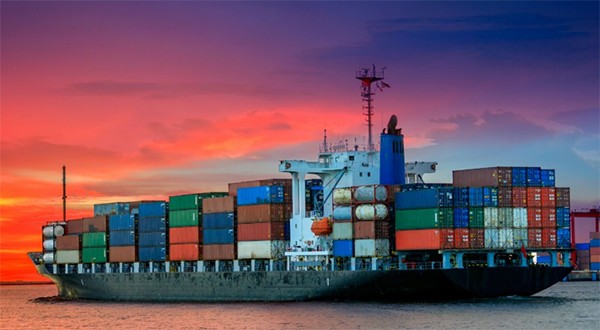DNV GL decided to go ahead and release a position paper named The Fuel Trilemma: Next Generation of Marine Fuels, which deals with the aspects of the diversifying ship fuel market and carefully examines the threefold problem of sustainability, affordability and safety.
The above-stated factors will be the key in governing choices regarding emission levels that are in compliance with the set regulations for Sox, CO2 and NOx – requirements that have already managed to pretty much exhaust all benefits of using conventional fuels and current types of gas cleaning systems.

Image by: green4sea.com
LNG is one of the more diverse fuel options that is quickly becoming used on a wider basis by operators and has served as an example of how biofuels can gradually replace fossil fuel types. Other various power sources like grid-sourced electric power, methanol and hydrogen are also going to be employed in particular geographic areas and vessel types.
“All in all, machinery-related expenditures and the expected fuel prices are going to play an integral role for shipowners in their efforts of adapting their current fleet. Safety and sustainability, however, do have an impact on affordability. The sustainability factor’s lifecycle is going to determine various fuels’ availability in the years to come, and could potentially limit the energy mix on a local or global basis,” commented Christos Chryssakis, DNV GL, senior researcher.
“Innovative design solutions might present a certain level of complexity that will surely affect newbuilding expenditures and operational reliability. Even solutions such as LNG, which is well-known by now, require considerable changes to the ship’s design and equipment in order to guarantee safe operation.”
There are also external risks worth considering. If a major accident was to occur it could very likely turn the regulators’ and the general public’s opinion against a potentially promising fuel solution.
“DNV GL is an advocate for manageable risks. We tend to put safety at the top of our list of priorities when initiating a ship design project,” added Chryssakis.
The position paper emphasizes on the aspects of sustainability, affordability, reliability and safety and features case studies regarding LNG, biofuels (including biomethanol and pyrolysis), shore-based electricity and hydrogen. It carefully examines each potential solution and synthesizes the benefits and challenges that come along with each one.